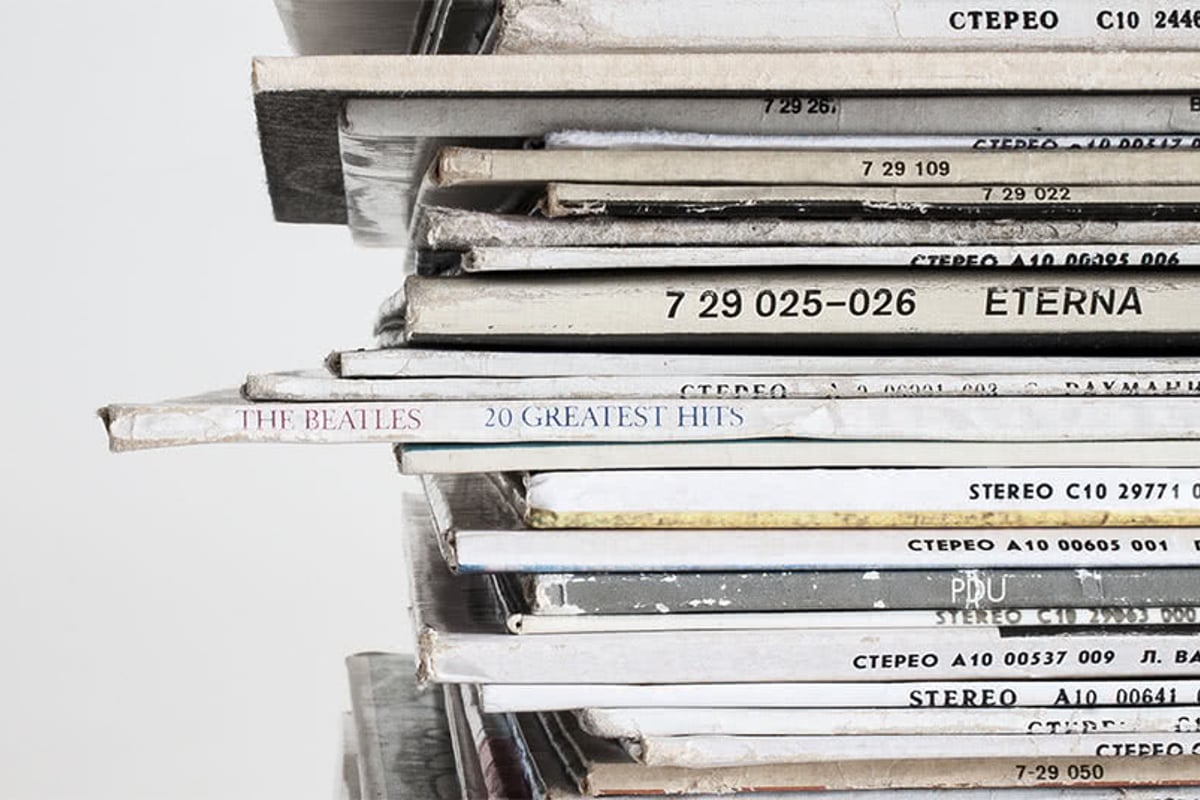[Back in November], Rolling Stone published an article with the title “The Album Is In Deep Trouble — and the Music Business Probably Can’t Save It”.
“Make no mistake, the album is fighting for its life.” was the article’s first sentence.
The industry and artists alike are questioning the purpose of an album today.
We all partake in the endless debate over release strategy – Should it really be an album? Or could it be two EP’s? How many singles should come out before the album? Is only four new tracks on the album enough for the fans? Is the audience ready for an album from the artist?
Over the last two years, there have been a few innovative release strategies, including releasing two songs at the same time made mainstream by Ed Sheeran, the waterfall strategy which I first saw used for Billie Eilish’s EP and shortly thereafter by the Chainsmokers, and YoungBoy Never Broke Again’s multiple EP releases (3) being repackaged with a fourth EP as an album all at the top of the charts simultaneously.
The important thing is to deliver music consistently (the three R’s – Repetition, Relevance, and Retention) – In response to the music industry’s endless debate of how to rollout a project, for the most part, exponential growth stems from the quality of the record itself and the creative marketing surrounding it, not in the release strategy (which barring the above examples is rarely interesting).
The Rolling Stone article sought to make two key points –
1/The revenue from albums (not including the singles streaming and counting as album equivalents) is crashing down and showing no sign of return
2/The significant majority of consumption from albums is taking place from the singles themselves.
With these two points being true, then what is the point of an album today?
The album is for the super fans.
Even if the non-single album tracks have very few streams relative to the singles, these tracks and the body of work are still very important to the die hard fans.
The fans interested in listening to an artist’s entire record may make up a very small percentage of the fanbase, and the ones who listen to it multiple times over may be even fewer, but this group of loyal fans is purchasing merchandise, concert tickets, and spreading the word on social media significantly more per person than those interacting the way a normal fan does (replaying the single over and over maybe dabbling with another track here and or simply following on instagram and giving an occasional like).
Since super fans spend significantly more than regular fans, it’s more lucrative to turn a fan into a super fan than it is to create a new fan.
If you understand this, then you understand the purpose of an album today.
The dollars may not show up in album sales or streams, but they will flow in many other ways toward the artist’s business as a result of the album creating a deep connection with a small section of the artist’s fans.
In closing, there is no right answer as to how an artist should rollout their project. Every artist is different… As always, they and their teams must follow their gut and create a plan they are confident best serves the goals of the artist and the project… But never dismiss the power of the album. Most won’t pay attention, but those who do can make all the difference.































